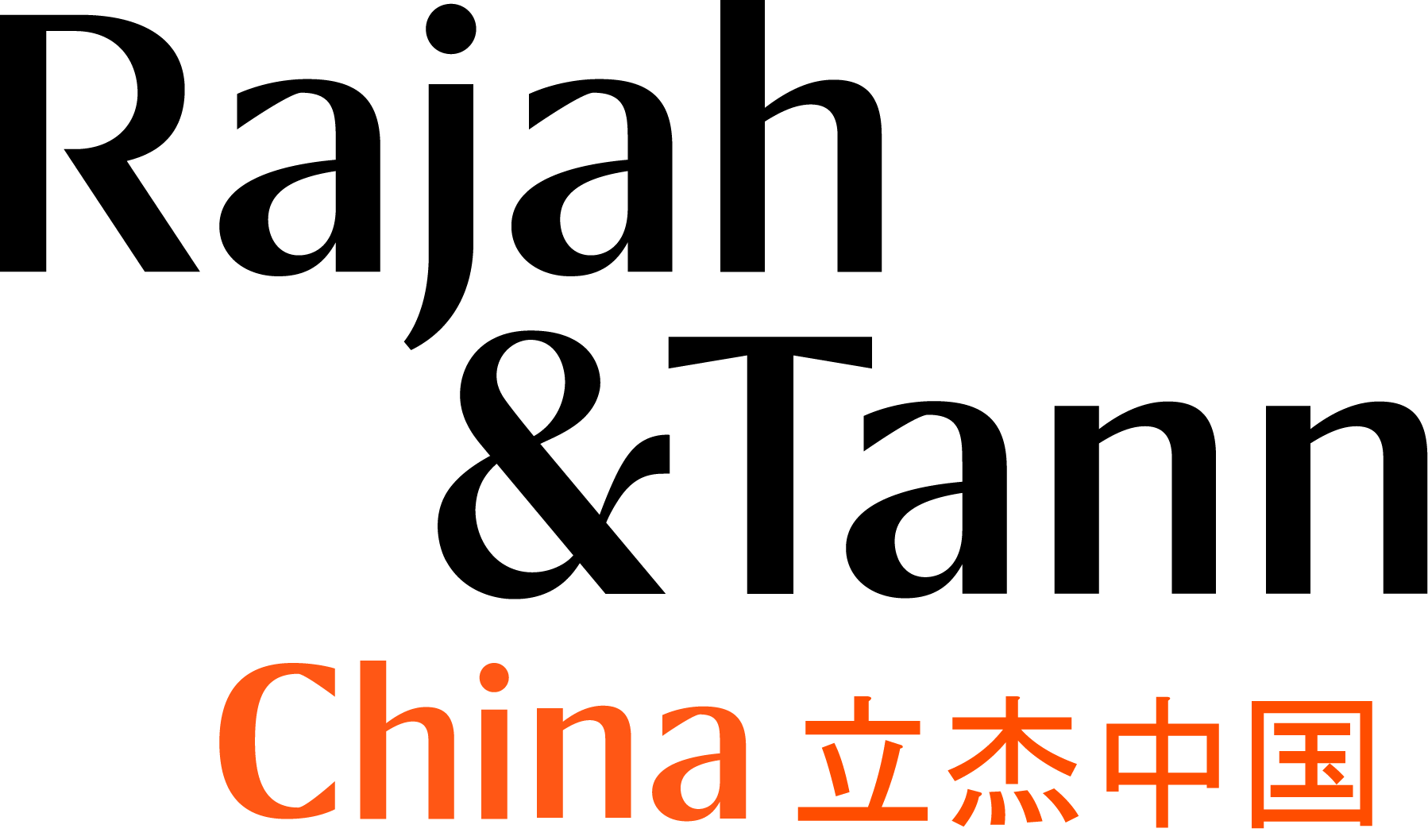立法背景和战略依据
2025年5月13日,越南政府向国会提交了一份关于在海防市试行特殊机制的决议草案,以取代2021年11月13日第35/2021/QH15号决议。决议草案旨在消除结构性瓶颈,并释放海防市作为红河三角洲地区增长引擎的作用,符合越共中央政治局第45-NQ/TW号决议(2019年1月)和第96-KL/TW号决议。
该决议草案包含六大政策组,共41项具体机制,其中17项专门用于在海防市建立和规范自由贸易区(“FTZ”),详见第9条。海防市是越南北部最大的港口城市,距离河内100公里,经广宁省与中国南部经济走廊接壤。它是跨境贸易、制造、物流和全球供应链的战略要地。
法律框架和自贸区设计
自贸区将划定明确的地理边界,并试点在投资、贸易、研发(“R&D”)和吸引高技能劳动力方面实施特殊和突破性政策。功能分区包括:
- 生产区;
- 港口和物流枢纽;
- 商业和服务区;以及
- 法律允许的其他区域。
这些分区将符合非关税区标准,并接受海关和跨部门监管。
授权和行政权力
根据决议草案,海防市人民委员会将被授权设立、扩建或调整与廷武-吉海经济区和南部沿海地区相连的自贸区的边界,。根据越南现行法律,自贸区的设立程序将与工业园区的设立程序相同。该市地方政府还将负责自贸区范围内的规划调整。
投资优惠及试点政策
决议草案规定的自贸区相关优惠政策及试点政策如下:
- 企业所得税(“CIT”):
- 最长30年10%的税率
- 四年免税加九年减半
- 其后15%统一税率
- 个人所得税(“PIT”):
- 外国专家、经理、科学家和熟练工人个人所得税减半
- 初创企业税务优惠:
- 创新初创企业免征企业所得税和个人所得税
- 需要缴纳全球最低税率( “GMT”)的公司必须遵守适用的规则
- 土地和建筑:
- 简化程序并降低土地和地表水使用的租金/费用
- 银行服务:
- 外国银行分行可在主要办公地点之外的自贸区内开设业务处。
一站式本地化治理机制
自贸区将通过海防经济区管理局实施“一站式本地化”模式,该管理局将被授权:
- 颁发投资登记证书;
- 批准、调整和撤销营业执照;
- 颁发工作许可证和劳工确认书;及
- 颁发原产地证书 (C/Os)。
风险管理和安全注意事项
值得注意的是,越南国会经济金融委员会强调需要应对经济领域以外的风险。该委员会指出:“自由贸易区必须纳入管理国防、金融安全和公共秩序的控制措施。监督、问责和机构责任机制至关重要。” 毋庸置疑,必须在开放与主权保护之间取得平衡,包括财政稳定和区域控制。
后续步骤和法律展望
决议草案将在第十五届国会第九次会议上进行审议。如果获得批准,实施条例将于2025年末或2026年初颁布。
决议草案中的一项开放条款(第12.5条)允许自贸区框架在未来市政合并或行政变更的情况下继续有效。
给投资者的建议
海防自贸区是越南最具雄心的全球接轨、高度自治的经济特区试点项目。制造业、物流业、金融科技业和研发领域的投资者应密切关注法律动态,评估GMT风险敞口和税务筹划方案,并尽早聘请当地顾问,以了解相关的土地、劳动力和外汇规则。
如果您对以上内容有任何疑问或需要与此动态相关的帮助,请随时联系我们的任何团队成员。
Disclaimer
Rajah & Tann Asia is a network of member firms with local legal practices in Cambodia, Indonesia, Lao PDR, Malaysia, Myanmar, the Philippines, Singapore, Thailand and Vietnam. Our Asian network also includes our regional office in China as well as regional desks focused on Brunei, Japan and South Asia. Member firms are independently constituted and regulated in accordance with relevant local requirements.
The contents of this publication are owned by Rajah & Tann Asia together with each of its member firms and are subject to all relevant protection (including but not limited to copyright protection) under the laws of each of the countries where the member firm operates and, through international treaties, other countries. No part of this publication may be reproduced, licensed, sold, published, transmitted, modified, adapted, publicly displayed, broadcast (including storage in any medium by electronic means whether or not transiently for any purpose save as permitted herein) without the prior written permission of Rajah & Tann Asia or its respective member firms.
Please note also that whilst the information in this publication is correct to the best of our knowledge and belief at the time of writing, it is only intended to provide a general guide to the subject matter and should not be treated as legal advice or a substitute for specific professional advice for any particular course of action as such information may not suit your specific business and operational requirements. You should seek legal advice for your specific situation. In addition, the information in this publication does not create any relationship, whether legally binding or otherwise. Rajah & Tann Asia and its member firms do not accept, and fully disclaim, responsibility for any loss or damage which may result from accessing or relying on the information in this publication.









